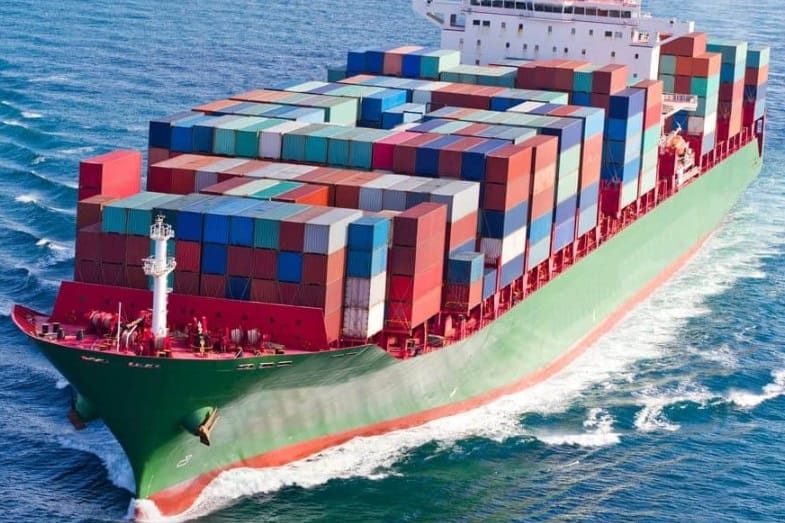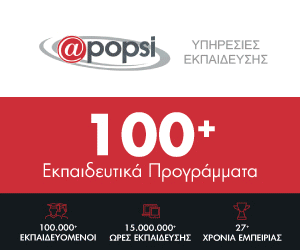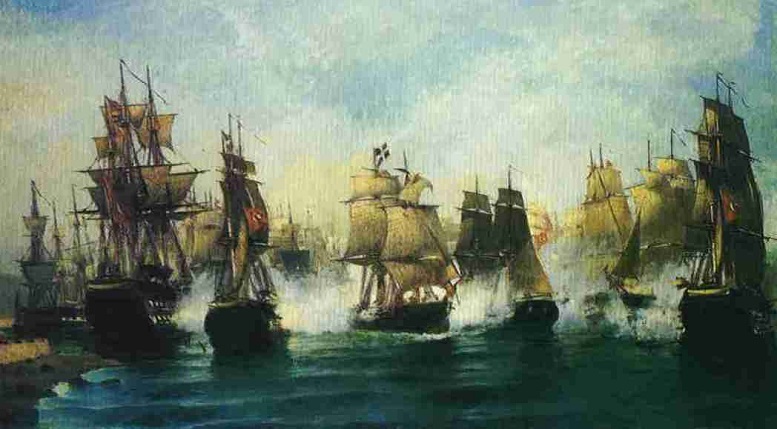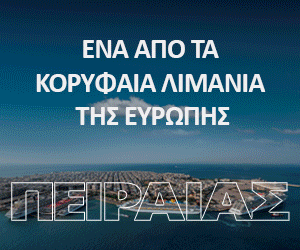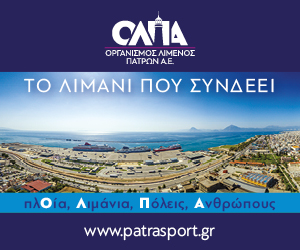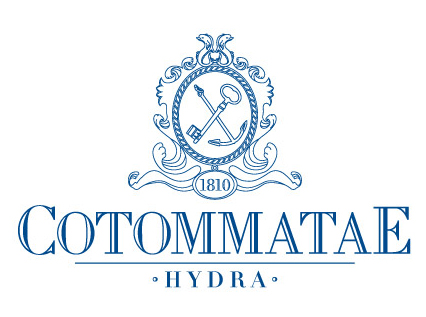Some of the world’s biggest shipping companies are turning to government support to ride out the fallout from the coronavirus pandemic.
With a quarter of all scheduled sailings canceled over the past three months and a collapse in consumer demand from the virus-driven lockdowns, shipping executives say some operators won’t make it unless they are bailed out.
“There’s never been so many requests for state support,” said George Xyradakis, head of the XRTC Business Consultants and an adviser to the China Development Bank on maritime matters “Global trade is shrinking, some players are in mortal danger and those who come out standing will have a long and painful path to recovery.”
State support for shipping isn’t new, but has mainly involved companies in Asia, where governments see ocean trade and vessel construction as vital components of their national economies. This is the first time that many Western owners are seeking direct help.
Private French container line CMA CGM SA, the world’s fourth largest liner company by capacity, secured last week a €1.05 billion ($1.12 billion) syndicated loan from three banks— HSBC and Société Générale and BNP Paribas —which is 70% guaranteed by the French government.
The European Commission prohibits state support for troubled firms and can impose heavy fines for violators. But EU officials said the loan was part of France’s $329 billion pandemic-support package, approved in March, and it wasn’t in violation.
CMA CGM also needs help in managing its $17.5 billion debt. This year it faces roughly $1.7 billion in maturing loan and bond payments, while its shipping volumes are expected to shrink about 10% in a weakening global trade environment.
The company said in a statement that it will use the cash “to confront uncertainties in the global economy resulting from the health crisis and lockdowns.”
The German shipowners association, VDR, said shipping is on the verge of a “deep crisis” more severe than the 2008 financial crash, when German owners lost a third of their vessels. Germany has one of the world’s largest clusters of private investors in cargo vessels.
VDR President Alfred Hartmann said owners need unimpeded access for aid from the government-run KfW Development Bank.
“As most German shipping companies are small to medium-sized enterprises, they face extinction without effective support being provided under the KfW programs,” Mr. Hartmann said.
The VDR said revenue among its members tanked up to 40% in March and April from last year, and many face a liquidity crunch as charter rates are down 60% for all kinds of ships.
Mr. Hartman expects the situation to get worse this year and “this means that substantial segments of the German merchant fleet are foreseeably endangered in their existence.”
In Greece, where owners control around 20% of the global fleet, the government approved a $35 million bailout for a fleet of 100 ferries that depend heavily on the peak summer season.
“We should be preparing for a very busy summer, but just one-third of the fleet is operational,” Mr. Xiradakis said. “A fraction of the tourists are expected this year, so state support is paramount to keep the ferries alive.”
European and Japanese owners have often criticized the governments in Korea for repeated bailouts of their own shipping firms over the past years. Some complaints have been filed to the World Trade Organization for resolution, but the European subsidies will make it harder for companies to argue against state aid.
Asian shipping bailouts are big and common as some carriers like South Korea’s HMM and Taiwan’s Yang Ming Transport Corp. are considered vital assets that move billions worth in exports.
HMM, which has been losing money for years, got $600 million in April from state entities that now own a combined 74% of the company. It has received more than $5 billion in state support over the past two years to buy ultra-large container ships that will double its capacity.
Seoul is also seeking approval from regulators in Europe and elsewhere for a government engineered merger of two shipbuilding behemoths, Hyundai Heavy Industries Co. and Daewoo Shipbuilding & Marine Engineering Co.
Taiwan this week announced a $1 billion credit facility to support the country’s big container operators like Yang Ming and Evergreen Marine Corp. from the coronavirus fallout.
“Shipping is part of the economic lifeline of Taiwan and the government will do its utmost to help it weather the difficult times,” Transport Minister Lin Chia-lung said.
Source: wsj.com


